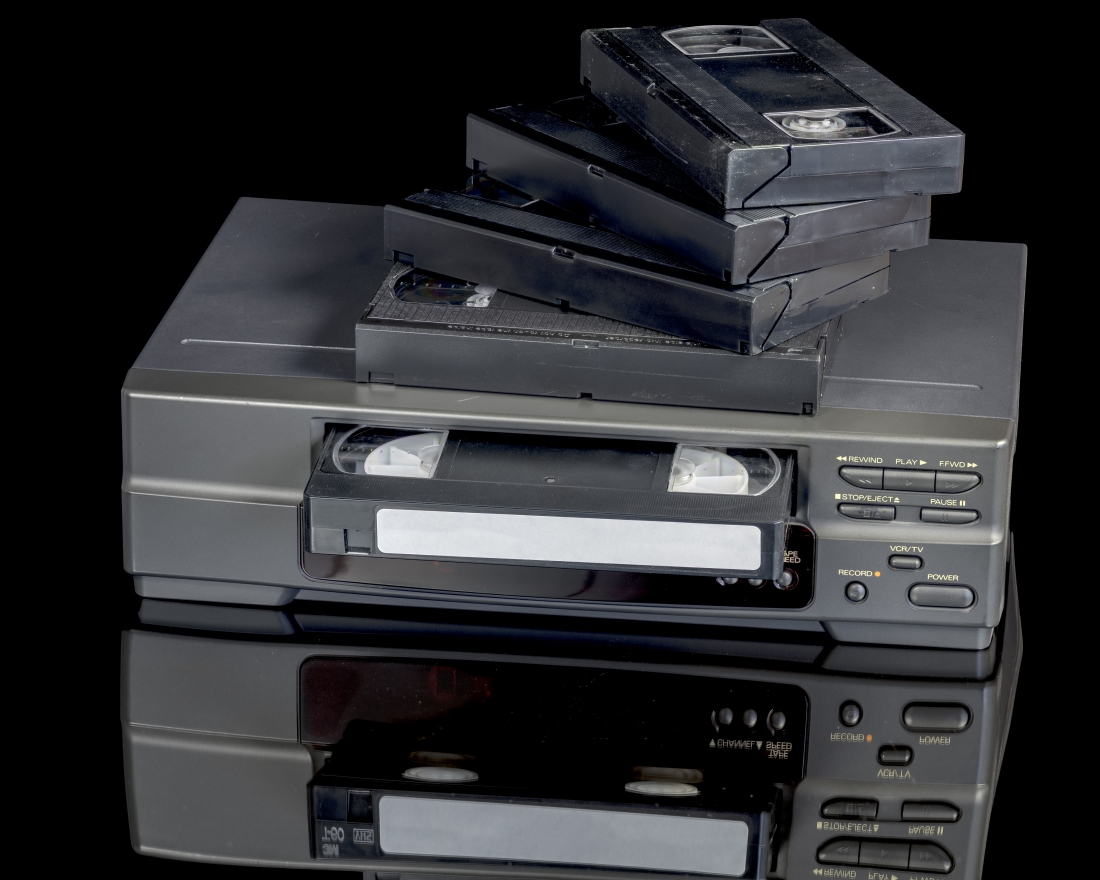DVDs replaced cassette tapes well over a decade ago yet incredibly enough, VCRs are still being manufactured to this very day in larger quantities than you may have guessed. That will soon be changing, however.
Japanese news outlet Nikkei (via Anime News Network) reports that Funai Electric Company, the last remaining VRC manufacturer in Japan, will cease production of the legacy media players this month. Funai, which sold VCRs under the Sanyo brand and others in North America, pegged a declining market as well as increased difficulty in obtaining parts as the primary reasons for its decision.
Surprisingly enough, Funai reportedly sold 750,000 VCRs last year - far more than I would have ever guessed.
JVC introduced the VHS format in the mid '70s, just one year after Sony launched its proprietary Betamax format. Although the two formats were locked in a heated battle for years, VHS ultimately prevailed as the go-to format and enjoyed a successful run through the early 2000s.
It wasn't until this year that Sony finally stopped producing Betamax cassette tapes after discontinuing its recording equipment in 2002.
If you still have some old VHS tapes lying around, I wouldn't blindly toss them out. As Mental Floss notes, collecting VHS tapes has become a thing in recent years with some rare cassettes fetching hundreds of dollars.
One collector told The Independent that some movies feel too cleaned-up on DVD and Blu-ray, as if they were never meant to look that good. For example, the collector said you can see the mistakes they made and the bad makeup and everything. Watching them on VHS is closer to the old drive-in or grindhouse theater, adding that this is the way the director intended them to look.
Image courtesy Charles Knowles, Shutterstock
